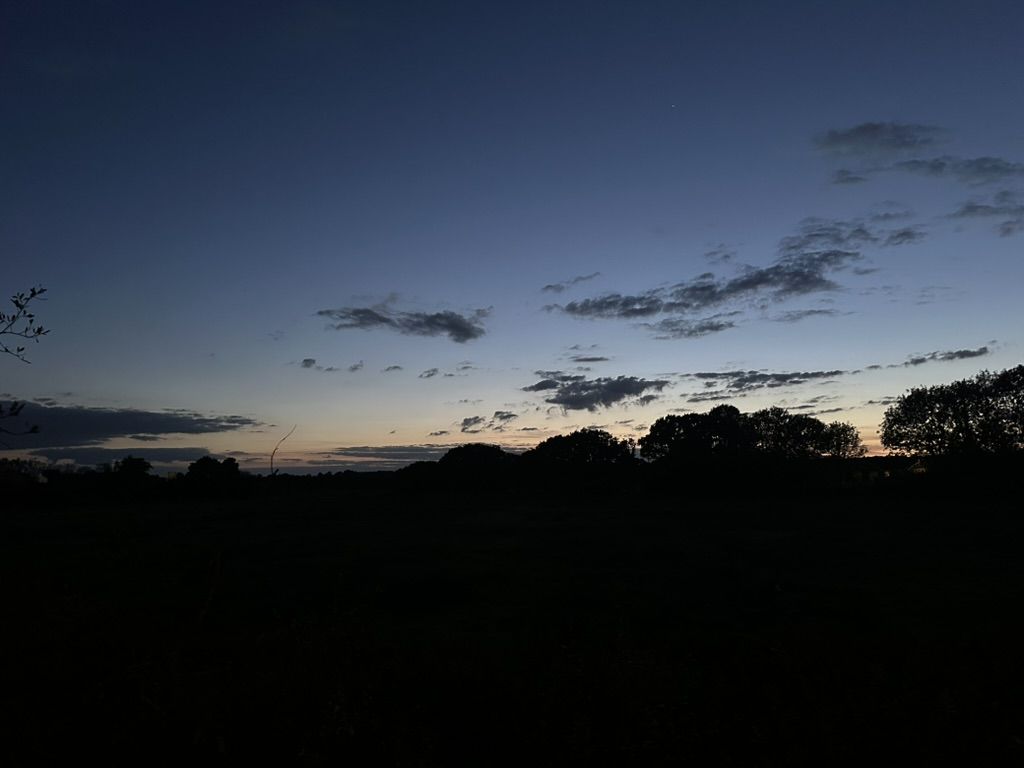The Podcasting Class

Adam Smith—as Chris Dillow loves to say—was not a fan of the deference people pay to the rich: “The disposition to admire, and almost to worship, the rich and the powerful, and to despise, or, at least, to neglect persons of poor and mean condition is the great and most universal cause of the corruption of our moral sentiments.” These days, it’s not limited to the rich: you can take your pick of the undeservingly admired: reality TV stars, social media influencers, whoever. My biggest bugbear on this count is the big-name lads with podcasts.
It’s not just podcasts, to be fair—it’s the gamut of Online Content; of Youtubers and TikTok teens—but podcasts are what I listen to the most, so they’re the ones I find the most annoying. I feel like people have too much—any, honestly—admiration toward the podcasting class. Note here that by this I’m talking specifically about the ones who have moved into being some kind of (loosely considered) public intellectuals. If you’ve got e.g. a videogame podcast and you spend your time talking about videogames, that’s fine by me. I’m talking about the ones who’ve been able to take their Twitter banter and their forum-forged personalities and have been lucky, entertaining or nepotastic enough to build profile.
They’re a heterogenous crew which span the full range of online-popular political beliefs: you’ve got the dirtbag left lads, the Shapiro people, the IDW nerds, the Pod Jons, etc etc. All of them, I’m sure, entertaining if you’re already in agreement with them, but none of them are to be admired, in the Smithian sense. I remember seeing someone compare an Adam Curtis documentary to one of the episode of Chapo where Matt Christman talks about a historical topic, and while those are certainly entertaining, they’re fundamentally different things. There are absolutely some podcasts that try for something bigger, something More, but that really isn’t the majority.
I love podcasts, I’ve been making them with varying degrees of success for over a decade. However, I do firmly believe that while they might be the source of great emotional resonance, and while you can find a few of them truly enriching, podcasts with the standard shape of “a few people having a bit of unscripted banter about a topic” should not be held up as Works on par with things with a greater degree of craft, effort and thought. I saw someone the other day saying that you can say enough words in an hour and half to fill a small book—and writing a small book would be more effortful and could take you years! That’s deeply misguided way of looking at it. Podcast hosts should not really be considered authorities on anything unless they are legitimate authorities on something already.
People want The Answers, I get it. To return briefly to Adam Smith’s original point: people desire status material comfort so they gravitate toward wealth, which promises that, and those with it. But when it comes to The Answers, the characteristics that attract tend to be less to do with any kind of actual depth or substance and more (as Sean observed years ago on an actually good podcast) that they have the ability to confidently talk bollocks that sounds like the kind of thing people should agree with for 5+ minutes at a time (in this consists the whole success of Rogan and those like him).
Andre Bazin said film criticism is “like spitting into water from a bridge”. Most podcasting about politics or The State Of The World is even more like that. It’s glib beyond belief—and it invites the worst thing in the world, which is people with very little understanding of or investment in a topic repeating opinions they got from podcasts as if they were their own. This isn’t by any stretch unique to podcasts—I once had a Dungeons and Dragons group fall apart because one of the (white) members decided they wanted to start using the N-word because they heard it in a Louis CK routine or something—but because of the sheer volume of podcasts you can consume, they ramp the frequency of this way, way up. I’ve heard smaller-name podcasters do it with bigger podcasters. (I’m sure I’ve done it myself!)
The fact that these podcasters have accrued to themselves all this displaced desire means that they’re treated like intellectual leaders or something. When something happens, people want to know what the views of the podcasters are, like they’re Noam Chomsky or something[1]. Whichever Weinstein brother it was who said that podcasts are where serious intellectual discussion is found really believed it. I firmly believe that podcasts are great for developing the opinions of the hosts themselves—talking things through with other people in public is a good way of developing what you think; I know they are for me[2]. Those who already know what they think can often employ substantially entertaining verbal pyrotechnics expressing that, but it’s not often Deep Thought.
Podcasts can be a good starting point, but they are not the whole ball of wax. Their creators should be seen as media personalities like any others. Breadtubers will not save you. D&D Actual Players will not save you. Twitch Streamers will not save you. Podcasters will not save you.
To be clear: some of them actively court this kind of thing but I'm sure plenty of them are as bemused as I. ↩︎
If I'm lucky, what saves Memhaz from most of the above is a) its avowed listener hostility and b) its clearly mostly being a working-out of things. (Mind you, I understand the lads now call this "sensemaking" and take it Very Seriously) ↩︎